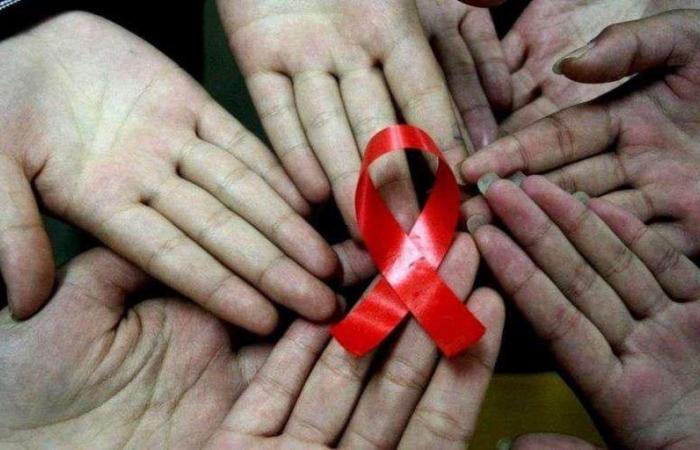Public Health France, underlines “the need to guarantee people born abroad access to care and to intensify prevention actions towards them”
Around 3,650 people were infected with HIV in France in 2023 (i.e. an incidence rate of 5.3 per 100,000 inhabitants), and that same year, nearly 5,500 people discovered their HIV status. After falling in 2020, the start of the Covid crisis, discoveries of seropositivity have progressed since.
HIV: between serophobia and great relaxation
More than 40 years after the discovery of HIV, the epidemic is now contained in France, but it has not yet been eradicated: 200,000 people live with HIV, 24,000 of whom are unaware of their infection. Thanks to therapeutic advances, HIV-positive people under treatment have a life expectancy comparable to that of HIV-negative people. They no longer transmit HIV, even during sexual intercourse unprotected by a condom. However, according to the 2024 survey by the AIDES association, three quarters of French people (77%) still think so. In addition, a quarter (24%) are unaware that an HIV-positive person on treatment can have a life expectancy similar to that of an HIV-negative person.
In 2023, this “increase particularly affects people born abroad, in particular women infected through heterosexual intercourse and men who have sex with men” (MSM), observes Public Health France, emphasizing “the need to guarantee give people born abroad access to care and to intensify preventive actions towards them.
Down 10% in ten years
However, if we look at the entire period 2012-2023, the number of HIV discoveries has decreased by 10%. This long-term reduction is more marked among homosexuals born in France, in particular through “more frequent recourse to screening […] allowing more rapid treatment of HIV-positive people, and through the use of pre-exposure prophylaxis (PrEP) for some of them,” according to the agency. But late diagnoses remain frequent (43% of discoveries in 2023), representing a loss of opportunity for care and a risk of transmission of HIV to partners before starting antiretroviral treatment.
At the regional level, the HIV epidemic remains marked by “a particularly worrying situation in Guyana, and to a lesser extent in Mayotte, the Antilles and Île-de-France”, notes Public Health France. Also in 2023, the number of people diagnosed with one of the main bacterial sexually transmitted infections, Chlamydia trachomatis (55,500), gonorrhea (23,000) and syphilis (5,800), has increased, as it has for several years.
Sexual health: 18-35 year olds less and less informed about STDs
This Wednesday, September 4, is World Sexual Health Day. And, in this matter, the trend is worrying. Last week, the World Health Organization warned of the decline in the use of condoms worldwide among adolescents aged 15. And in France? A study by the Harris Interactive polling institute for the National Union of Dermatologists-Venerologists (SNDV) reveals a decline in the level of knowledge of young adults on sexually transmitted diseases since 2016.







